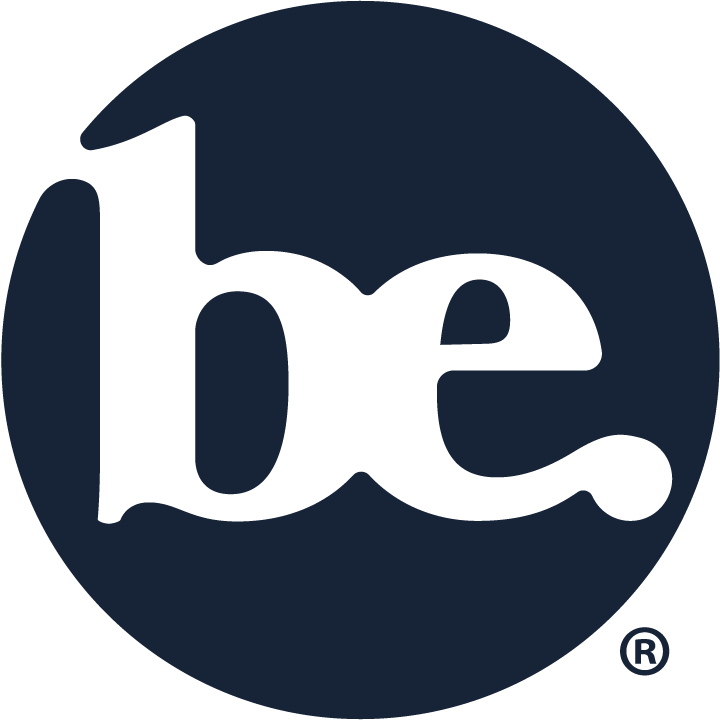Build on your dreams with the help of home equity!
The Federal Reserve Bank recently lowered rates for the second time in two months, and home interest rates have so far followed suit, settling near historic lows.
Combined with the low rates, rising home equity has triggered a refinancing boom in the second half of 2019.
A popular reason for a refinance is the "cash-out" loan. Those with home equity can take out a little extra to pay for remodeling projects or renovations. Others use the cash for student loans, bills, investments or whatever else they wish.
With a cash-out refinance, lenders typically make loans for up to 70 to 80 percent of home value. Let's say you have a home valued at $300,000, with an unpaid mortgage balance of $150,000,
Opt for that maximum 80% loan amount, and you can borrow $240,000, pay off your $150,000 balance, and keep the $90,000 difference in cash. You can take out less depending on your needs.
It's not a free lunch. Your new home mortgage balance is now $240,000, but at a much lower interest rate. You can pay it back as quickly or slowly as you want to.
Analysts say roughly 45 million mortgage holders have excess equity, and half of them have mortgage rates that would make a refinance not only possible, but attractive.
In fact, the collective amount of money borrowers could pull out of their homes while still retaining 20% equity (called "tappable" equity), hit a record $6.3 trillion in the second quarter, according to Black Knight, a mortgage analytics company.
Despite the refinance surge however, homeowners have actually been fairly conservative. Today, cash-out refinances are just 61% of the total pool. In 2006, 89% of refinances were cash-out, according to Freddie Mac.
The reluctance to borrow more money could boil down to the collective remembrance of the Housing Crash that started after that "credit-palooza." Back then, loose lending standards let pretty much anyone have cash, even if they couldn't pay the loan back.
Even though mortgage rules have changed since to prevent unfettered equity borrowing, visions of underwater homes and foreclosed homes are still pretty clear in history's rear-view mirror.
But even if you don't want cash, there are a lot of other reasons to refinance.
If you're like many homeowners, you may simply want to obtain a lower interest rate and a lower monthly payment.
Let’s say you have a 30-year-fixed loan with a balance of $200,000 and an interest rate of 6 percent: Principal and interest total $1,119 a month.
At an annual percentage rate of 4.2 percent, the monthly payment goes down to $978. It's more than just monthly payments. Depending on the terms and length of the loan, you may save tens of thousands more in interest over the life of the loan.
Additionally, a mortgage refinance may allow you to switch from an FHA or other Down Payment Assistance (DPA) loan to a conventional loan so you don’t have to pay mortgage insurance anymore.
Still others use cash-out mortgage refinances to consolidate debt. The interest rate on today’s refinances are much lower than the rate on credit cards, student loans and other debt.
Closing costs on a refinances are generally about 3 to 6 percent of the loan balance. so if the interest rate difference isn’t significant, it might not be as advantageous.
Mortgage refinancing can be a great financial decision, but it doesn’t make sense for everyone.
At Bay Equity Home Loans, our experienced loan officers can help you figure out if refinancing your current mortgage makes good financial sense.
Everyone’s financial needs are different, but a refinance could be the right solution for you.
